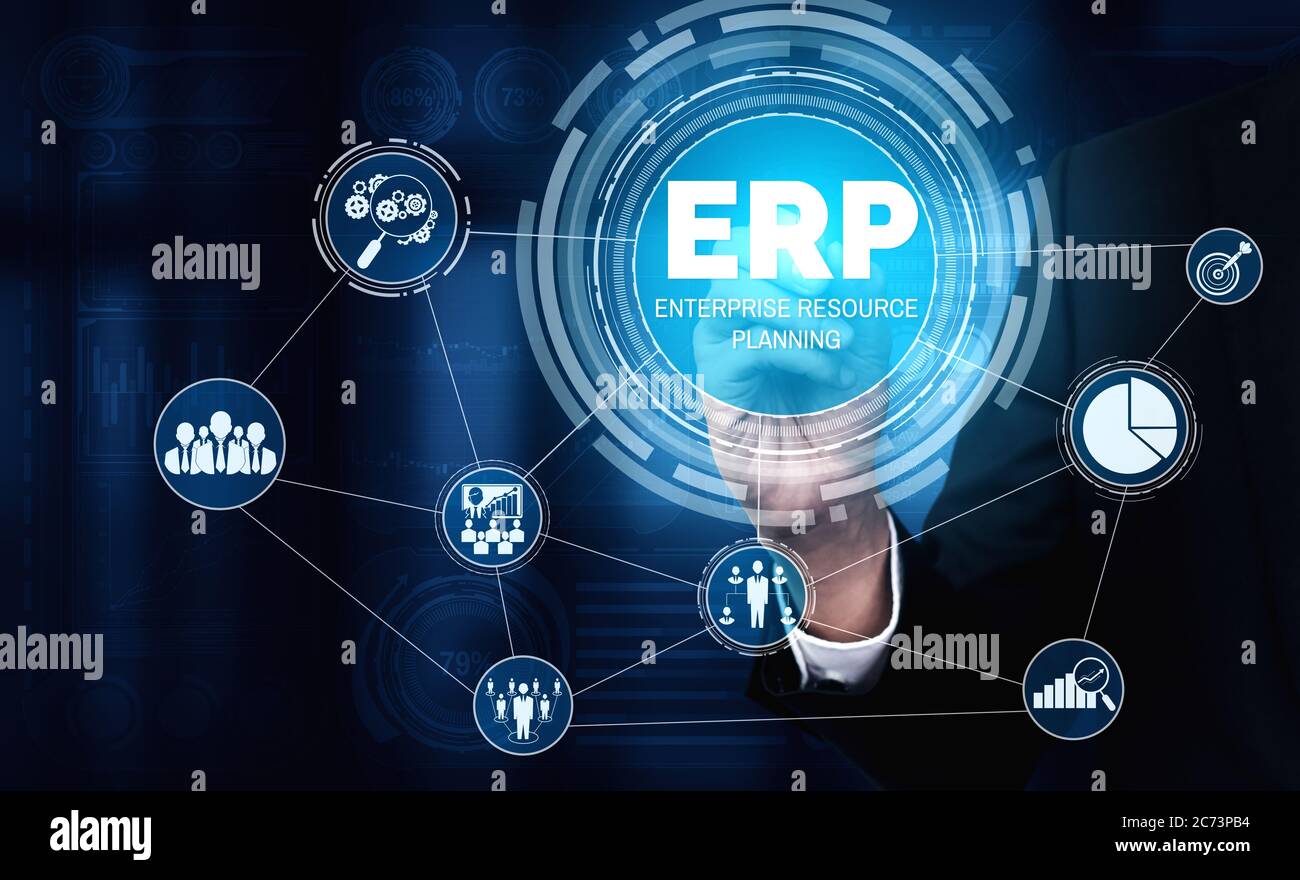
Optimizing Operations: Unleashing the Power of ERP Systems
In the complex landscape of modern business operations, Enterprise Resource Planning (ERP) systems stand as powerful tools for integrating and streamlining various aspects of a company’s processes. From finance and human resources to supply chain and customer service, ERP systems offer comprehensive solutions for organizational efficiency.
Understanding the Scope of ERP Systems
Enterprise Resource Planning (ERP) systems are integrated software solutions designed to consolidate and manage a range of business processes and functions. These include but are not limited to finance, procurement, manufacturing, services delivery, and even project management. The goal is to facilitate seamless information flow and enhance collaboration across different departments within an organization.
Integration for Efficiency
One of the primary benefits of ERP systems is the integration they provide. By connecting various departments and functions, businesses can eliminate data silos, reduce redundancy, and ensure that everyone within the organization is working with the most up-to-date information. This integration enhances overall operational efficiency and contributes to informed decision-making.
Centralized Data Management
ERP systems act as centralized hubs for data management, allowing businesses to store, access, and analyze data from a single platform. This centralized approach not only simplifies data storage but also improves data accuracy and consistency. With real-time access to relevant information, businesses can respond promptly to changing market conditions and make data-driven decisions.
Streamlining Financial Processes
Finance is at the core of any business, and ERP systems excel in streamlining financial processes. From accounting and budgeting to invoicing and reporting, ERP systems provide a comprehensive suite of financial tools. This not only ensures accuracy in financial data but also simplifies compliance with regulatory requirements.
Enhancing Human Resource Management
ERP systems extend their reach to human resource management, offering modules for payroll, employee records, performance management, and more. By centralizing HR functions, businesses can automate routine tasks, streamline recruitment processes, and ensure that HR practices align with organizational goals.
Supply Chain Optimization
Efficient supply chain management is crucial for businesses to stay competitive. ERP systems optimize the supply chain by providing real-time visibility into inventory, production schedules, and order fulfillment. This enables businesses to minimize stockouts, reduce lead times, and enhance overall supply chain efficiency.
Customer Relationship Management (CRM) Integration
The customer is at the heart of every business, and ERP systems often integrate with Customer Relationship Management (CRM) systems. This integration ensures that customer data is seamlessly shared across the organization, allowing for personalized customer interactions, improved communication, and more effective sales and marketing strategies.
Linking Success to ERP Systems
Explore in-depth solutions and success stories related to Enterprise Resource Planning (ERP) Systems at ERP Systems. Learn how businesses are leveraging these systems to optimize operations, streamline processes, and achieve sustainable growth.
In conclusion, the implementation of Enterprise Resource Planning (ERP) systems marks a strategic move towards optimizing operations and achieving organizational excellence. From integrating disparate processes to streamlining financial operations and enhancing supply chain efficiency, ERP systems play a pivotal role in modern business success. As technology continues to advance, ERP systems will likely evolve, offering even more sophisticated solutions for the complex challenges businesses face.

:max_bytes(150000):strip_icc()/ScreenShot2023-08-22at10.15.50AM-cc21a32ce42046d59c3b9d53394fb08d.jpg)
